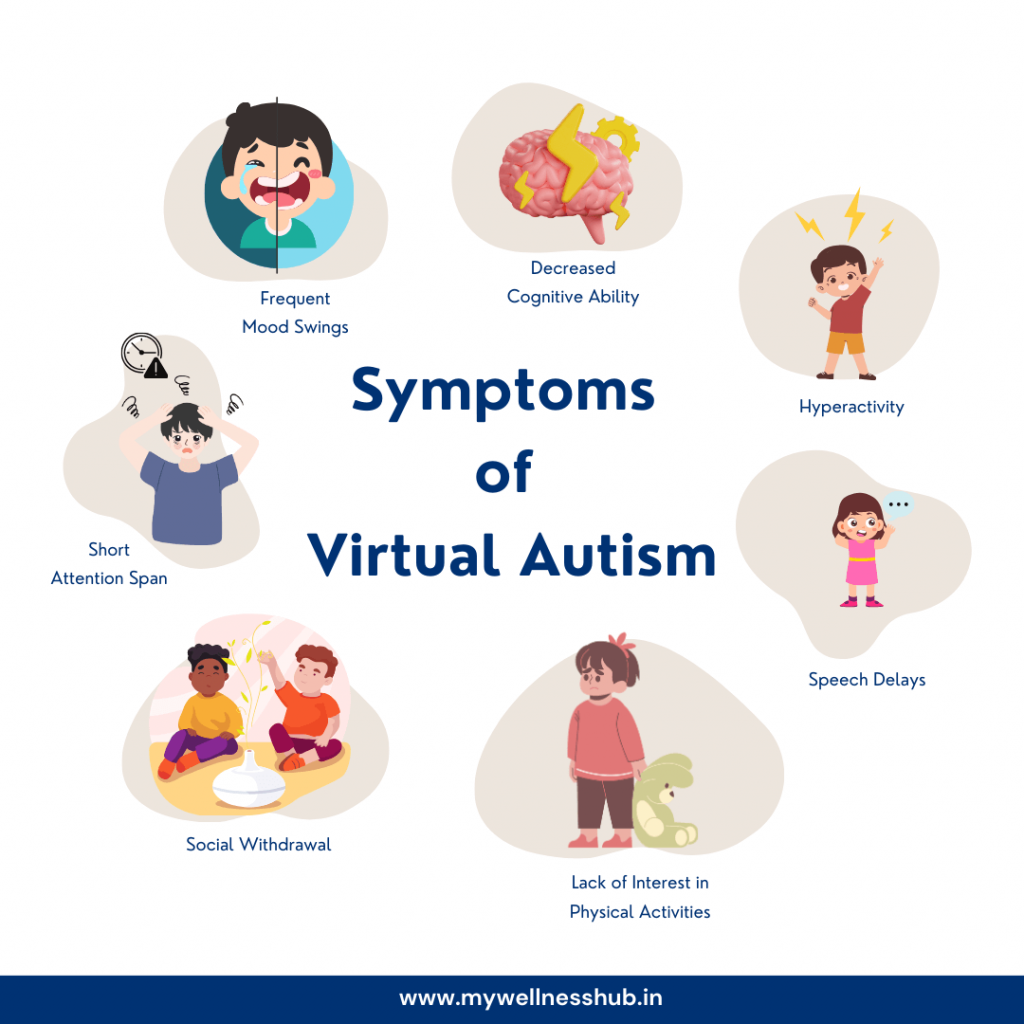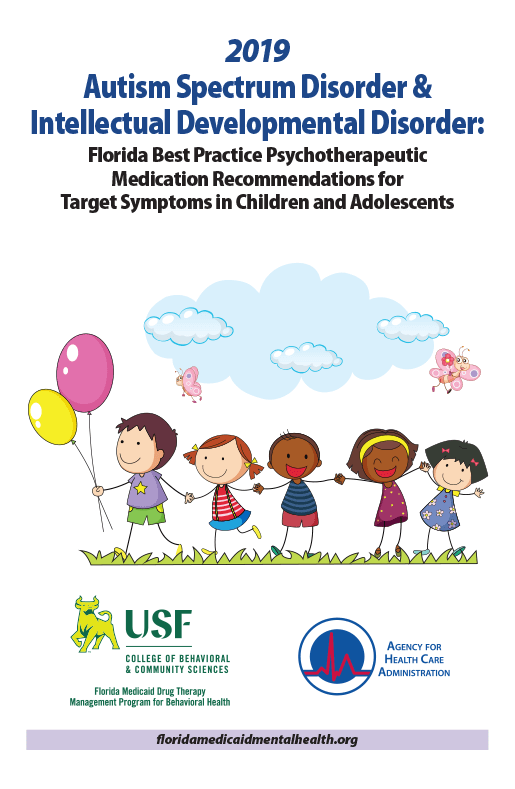Navigating sensory overload with support from Autism Spectrum Therapies
Navigating sensory overload with support from Autism Spectrum Therapies
Blog Article
Comprehending the Effect of Behavioral Autism on Day-to-day Live and Social Communications
You might not understand how deeply behavioral autism affects day-to-day life and social interactions. Individuals on the range typically navigate a world filled with communication obstacles and sensory overload. These difficulties can lead to frustration and isolation, influencing their relationships and overall well-being.
Specifying Behavioral Autism and Its Features
Behavior autism, often referred to as autism range condition (ASD), encompasses a variety of problems defined by challenges in social communication, communication, and recurring actions. You may discover that individuals with ASD frequently have a hard time to analyze social hints, which can result in misconceptions in conversations. They might find it difficult to develop eye call or involve in small talk, making social situations really feel overwhelming.
Interaction problems can materialize in numerous ways, from delayed speech growth to a choice for using fewer words. By identifying these traits, you can promote an environment that promotes approval and encourages efficient communication, assisting people with autism thrive in their everyday interactions.
The Range of Autism: Understanding Variability in Habits
Autism spectrum condition (ASD) isn't a one-size-fits-all diagnosis; it varies commonly among individuals. You might experience individuals that are very verbal and engage quickly in conversations, while others might choose solitary tasks or connect non-verbally.
Furthermore, the means people with ASD reply to sensory input can vary substantially; some may be overwhelmed by loud sounds or intense lights, whereas others thrive in promoting environments. The range additionally consists of distinctions in social communications; some individuals may battle to translate social hints, while others navigate social setups with relative ease. Comprehending this irregularity is vital, as it aids you appreciate each individual's special experience and tailor assistance to their specific demands, cultivating a much more comprehensive atmosphere for every person.
Communication Obstacles Faced by People With Autism
When you engage with individuals on the autism range, you might observe their unique communication challenges. They frequently face problems with both nonverbal and verbal cues, which can influence their social interactions. Understanding these obstacles is vital for fostering far better connections and support.

Verbal Communication Troubles
Numerous individuals on the autism spectrum experience verbal communication troubles that can considerably affect their daily communications. You may find it testing to reveal your thoughts, sensations, or needs clearly. This can result in irritation for both you and those around you, as misunderstandings happen. You might battle with launching discussions, maintaining a subject, or comprehending nuances in speech. Often, you may prefer making use of basic language or repetitive expressions, which can limit your capacity to take part in deeper discussions. Your tone, pace, or volume might not line up with social assumptions, causing others to misunderstand your intentions. Recognizing these obstacles can assist you and your support network create methods to improve communication and cultivate better connections with others in your every day life.
Nonverbal Communication Obstacles
Spoken communication isn't the only difficulty individuals on the autism range face; nonverbal interaction obstacles can be just as considerable. These challenges can lead to misunderstandings or misinterpretations of social signs, making interactions feel frustrating or complicated. By attending to nonverbal interaction, you can find techniques to enhance your social experiences and boost your total high quality of life.
Social Communication Influences
Social communications can frequently feel frustrating due to the one-of-a-kind interaction obstacles encountered by people with autism. Recognizing these difficulties can assist you locate strategies to boost communication, such as exercising social skills in safe setups or utilizing aesthetic aids. Comprehending your requirements allows you to browse social interactions with better self-confidence and convenience.
Social Communication and Connection Structure in Autism
While building relationships can be testing for people with autism, understanding their distinct perspectives and interaction styles can cultivate significant connections. You could discover that many people on the range like direct communication and might fight with social signs or little talk. By being straightforward in your interactions, you can help develop an atmosphere where they feel comfortable.
Involving in shared rate of interests can additionally serve as a bridge to much deeper links. Whether it's a hobby, a favored show, or a shared enthusiasm, these typical strings can open doors to relationship.
Life Routine: Browsing Approaches and difficulties
Steering day-to-day life regimens can be particularly challenging for individuals with autism, particularly when unexpected changes happen. You may discover convenience in having a structured schedule, as it helps you anticipate what's next. It's typical to feel anxious or overwhelmed when disturbances happen. To browse these obstacles, consider executing aesthetic routines or lists. These tools can offer clearness and confidence.
Establishing a regimen that consists of sensory breaks can additionally be beneficial. You can intend short breaks throughout your day to recharge. It's necessary to connect with those around you, letting them know your requirements and preferences. This aids produce an understanding environment.
Finally, technique mindfulness methods to take care of stress and anxiousness. Basic breathing exercises or basing official site strategies can make a substantial difference. By incorporating these approaches, you can improve your everyday regimen and decrease disturbances, making life feel more convenient.
Strengths and Capacities of Individuals on the Autism Range
Recognizing everyday life regimens is simply one aspect of the autism experience. Lots of individuals on the autism spectrum possess exceptional strengths and abilities that establish them apart. You might discover that your focus to information is exceptional, enabling you to master tasks that call for precision and focus. Your capability to think outside the box can cause ingenious options in numerous scenarios.
Additionally, your memory abilities frequently beam, especially in locations of passion. Aba Therapist Near Me. This knack for preserving details can make you a beneficial source in areas like art, science, or innovation. You might also display strong aesthetic thinking, visit site allowing you to picture intricate principles and fix issues creatively
Additionally, your one-of-a-kind viewpoint on the world can foster compassion and understanding in others, improving social communications. Accepting these strengths not only enhances your self-confidence yet likewise helps others value the diverse talents you give the table.
Developing Inclusive Environments for People With Autism
Creating comprehensive environments for individuals with autism starts with making sensory-friendly spaces that provide to their one-of-a-kind requirements. You can likewise promote opportunities for social interaction, aiding to develop links and relationships. By making these adjustments, you'll add to a much more welcoming environment for every person.
Creating Sensory-Friendly Spaces
While making sensory-friendly rooms, it's vital to reflect on the distinct demands of individuals with autism. Incorporate silent zones where individuals can pull away and reenergize when bewildered. Include visual schedules or clear signs to aid individuals navigate the space with confidence.
Advertising Social Interaction Opportunities
Designing sensory-friendly areas not only addresses private convenience however likewise establishes the stage for meaningful social interactions amongst individuals with autism. To promote these communications, develop inclusive settings that invite involvement. Organize organized tasks, like art classes or team games, that encourage cooperation without overwhelming sensory input. Usage visual help and clear communication to help every person engage comfortably. Urge peer mentoring, matching people with autism with helpful peers that can assist them through social circumstances. Additionally, think about organizing regular community occasions that celebrate neurodiversity, cultivating approval and understanding among all participants. By applying these techniques, you can boost social opportunities, assisting people with autism construct friendships and enhance their social abilities navigate to this site in a safe, welcoming atmosphere.

Regularly Asked Questions
Exactly How Can Friends Support Somebody With Behavioral Autism?
You can sustain a buddy with behavioral autism by being individual, paying attention proactively, and valuing their limits. Take part in tasks they enjoy, interact freely, and produce a comfortable environment where they really feel valued and recognized.
What Resources Are Available for Parents of Children With Autism?
You can check out different resources for parents of youngsters with autism, including support system, academic internet sites, and neighborhood social work. Getting in touch with other parents can likewise give important understandings and shared experiences to aid browse challenges.
Can Behavioral Autism Adjustment With Time?

Yes, behavioral autism can transform in time. You could discover changes in communication, social skills, and actions as your child expands. Early intervention and support often play crucial duties in these developmental adjustments.
How Do Sensory Level Of Sensitivities Impact Life?
Sensory level of sensitivities can make everyday experiences overwhelming. You could deal with intense lights or loud noises, causing tension or avoidance. Finding settings that suit your requirements can significantly improve your comfort and overall everyday life.
What Are Common Misconceptions Concerning Behavioral Autism?
You could think behavioral autism just impacts interaction skills, but it's even more complicated. Several presume people lack compassion or intelligence, which isn't true. Understanding these mistaken beliefs helps foster acceptance and support for those on the range.
Behavioral autism, commonly referred to as autism range condition (ASD), incorporates an array of problems characterized by obstacles in social communication, interaction, and recurring actions.Social interactions can often really feel frustrating due to the one-of-a-kind interaction obstacles dealt with by individuals with autism.Creating sensory-friendly areas not just addresses specific comfort but also sets the phase for significant social communications among individuals with autism. Urge peer mentoring, coupling people with autism with encouraging peers who can direct them through social scenarios. By carrying out these strategies, you can boost social chances, assisting people with autism build friendships and strengthen their social skills in a secure, inviting atmosphere.
Report this page